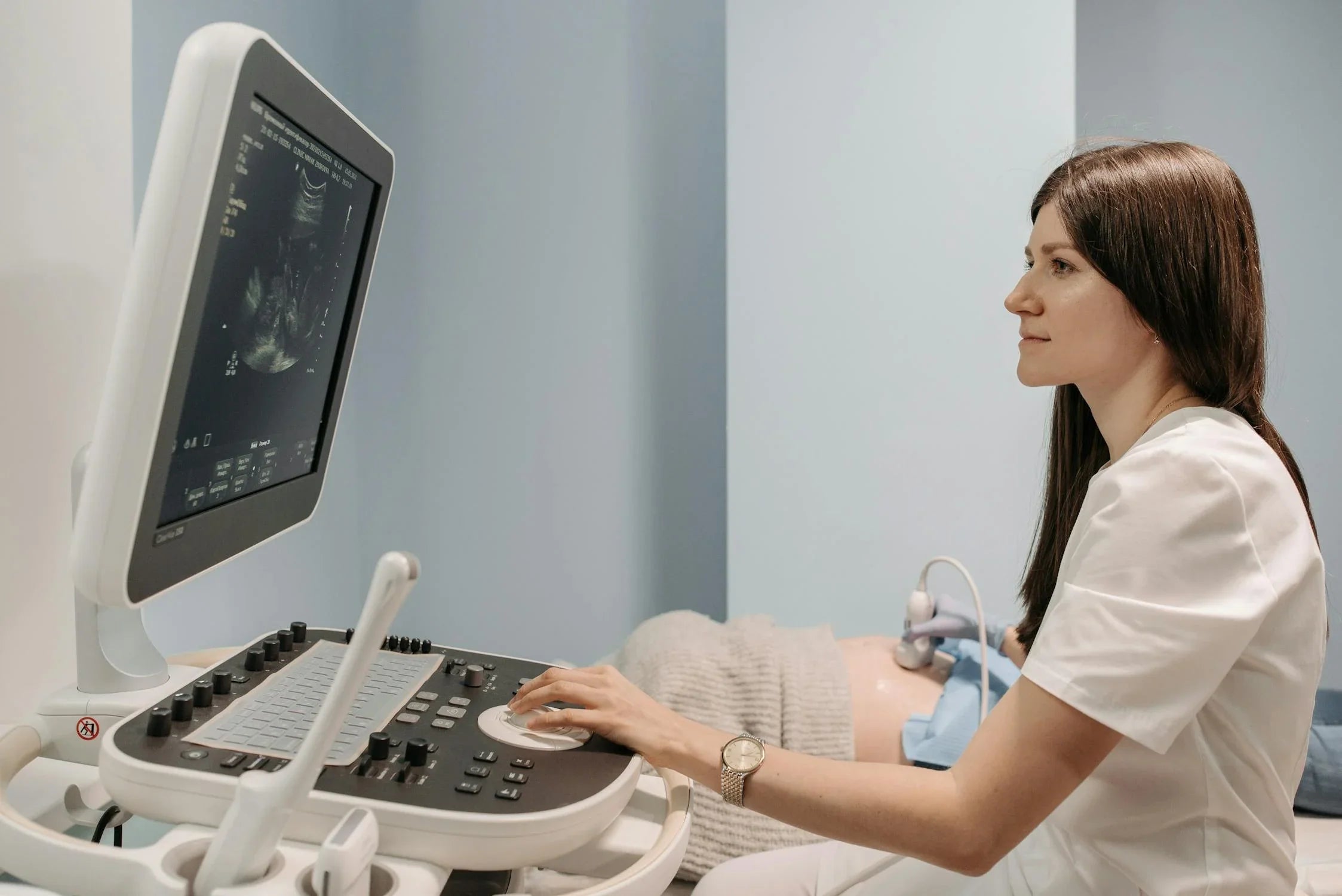Inicio
Pregnancy, Breastfeeding, and Pumping: The Ultimate Guide for Moms
How Can You Tell If a Pregnancy Test Is Positive: A Comprehensive Guide

How Can You Tell If a Pregnancy Test Is Positive: A Comprehensive Guide
Taking a pregnancy test can be a life-changing moment, filled with anticipation and anxiety. Whether you're hoping for a positive result or not, understanding how to interpret the test correctly is crucial. This guide will walk you through everything you need to know about determining if a pregnancy test is positive, ensuring you have the knowledge to make informed decisions.
Understanding How Pregnancy Tests Work
Pregnancy tests detect the presence of human chorionic gonadotropin (hCG), a hormone produced by the placenta shortly after a fertilized egg attaches to the uterine lining. Most tests are designed to detect hCG in urine, though some blood tests can also measure this hormone. The accuracy of these tests depends on several factors, including the timing of the test and the sensitivity of the test itself.
When to Take a Pregnancy Test
Timing is everything when it comes to taking a pregnancy test. Testing too early can lead to a false negative, as hCG levels may not yet be high enough to detect. For the most accurate results, it's generally recommended to wait until after you've missed your period. However, some highly sensitive tests can detect hCG levels as early as a few days before your expected period.
How to Read a Pregnancy Test
Most pregnancy tests come with clear instructions, but here's a general guide to interpreting the results:
- Positive Result: A positive result is usually indicated by two lines, a plus sign, or a clear 'pregnant' message, depending on the test design. Even if the second line is faint, it typically still indicates a positive result.
- Negative Result: A negative result is usually indicated by one line, a minus sign, or a 'not pregnant' message. If you receive a negative result but still suspect you might be pregnant, consider retesting in a few days.
- Invalid Result: If the test does not show any lines or an error message appears, the test may be invalid. This could be due to improper usage or a faulty test. In such cases, it's best to take another test.
Factors That Can Affect Test Results
Several factors can influence the accuracy of a pregnancy test:
- Timing: As mentioned earlier, testing too early can result in a false negative. Waiting until after you've missed your period increases the likelihood of an accurate result.
- Test Sensitivity: Different tests have varying levels of sensitivity to hCG. Some can detect lower levels of the hormone earlier in pregnancy, while others require higher concentrations.
- Medications: Certain medications, particularly those containing hCG, can affect test results. If you're undergoing fertility treatments, consult your healthcare provider for guidance.
- Medical Conditions: Some medical conditions, such as ovarian cysts or certain types of cancer, can produce hCG and lead to a false positive result.
What to Do If You Get a Positive Result
If your pregnancy test is positive, it's important to confirm the result with a healthcare provider. They can perform a blood test or ultrasound to confirm the pregnancy and provide guidance on next steps. Early prenatal care is essential for the health of both the mother and the developing baby.
What to Do If You Get a Negative Result
A negative result can be disappointing if you're hoping to conceive, but it's not always the final answer. If you still suspect you might be pregnant, consider retesting in a few days or consulting your healthcare provider. They can offer additional testing and advice to help you understand your situation better.
Common Myths About Pregnancy Tests
There are many misconceptions surrounding pregnancy tests. Here are a few common myths debunked:
- Myth: Drinking a lot of water before taking a test can dilute hCG levels and lead to a false negative. Fact: While excessive fluid intake can dilute urine, it's unlikely to affect the test result significantly if you follow the instructions properly.
- Myth: A faint line means you're not really pregnant. Fact: A faint line is still a positive result, indicating the presence of hCG in your urine.
- Myth: You can only take a pregnancy test in the morning. Fact: While first-morning urine is often the most concentrated, many modern tests are sensitive enough to detect hCG at any time of day.
Tips for Accurate Testing
To ensure the most accurate results, follow these tips:
- Read the instructions carefully before taking the test.
- Use first-morning urine if possible, as it is typically the most concentrated.
- Check the expiration date on the test to ensure it's still valid.
- Store the test in a cool, dry place to maintain its effectiveness.
- If you're unsure about the result, consider taking another test or consulting a healthcare provider.
Determining if a pregnancy test is positive doesn't have to be a daunting task. By understanding how the tests work, when to take them, and how to interpret the results, you can approach the process with confidence. Remember, a positive result is just the beginning of an exciting journey, and a negative result doesn't necessarily mean the end of your hopes. Always consult with a healthcare provider for the most accurate and personalized advice.
Compartir

